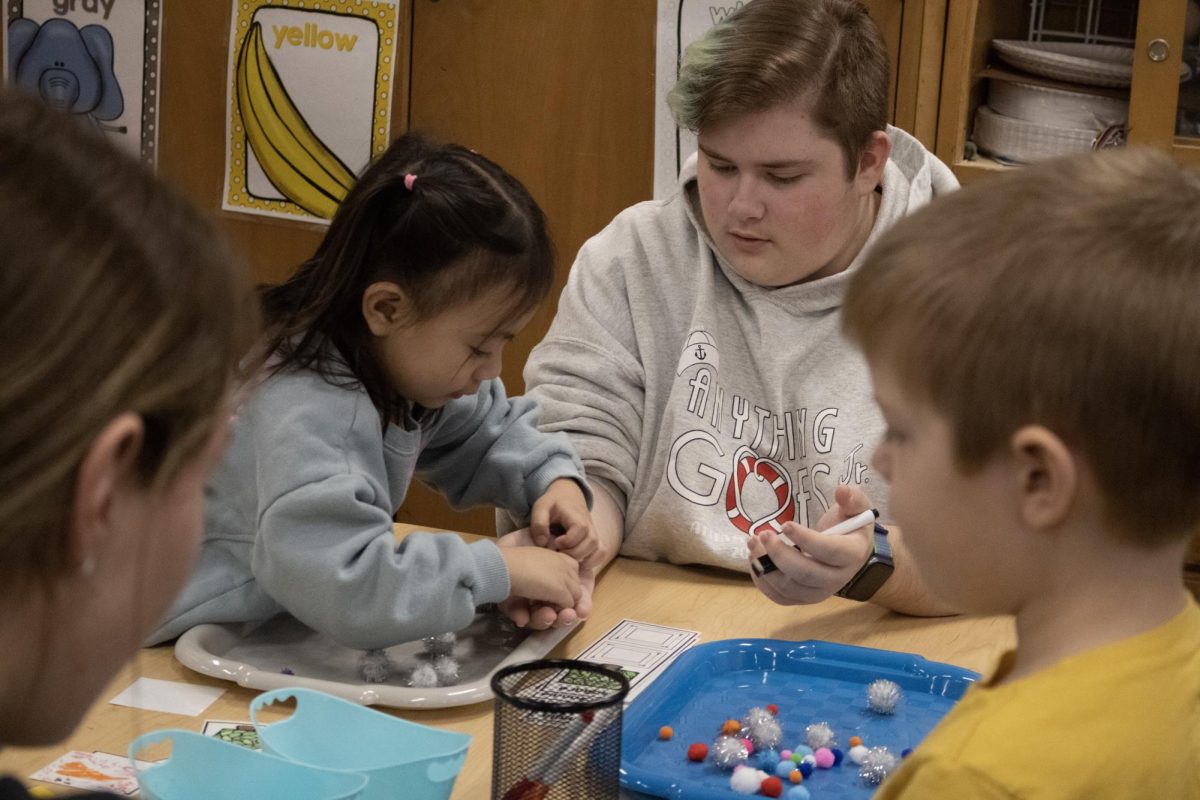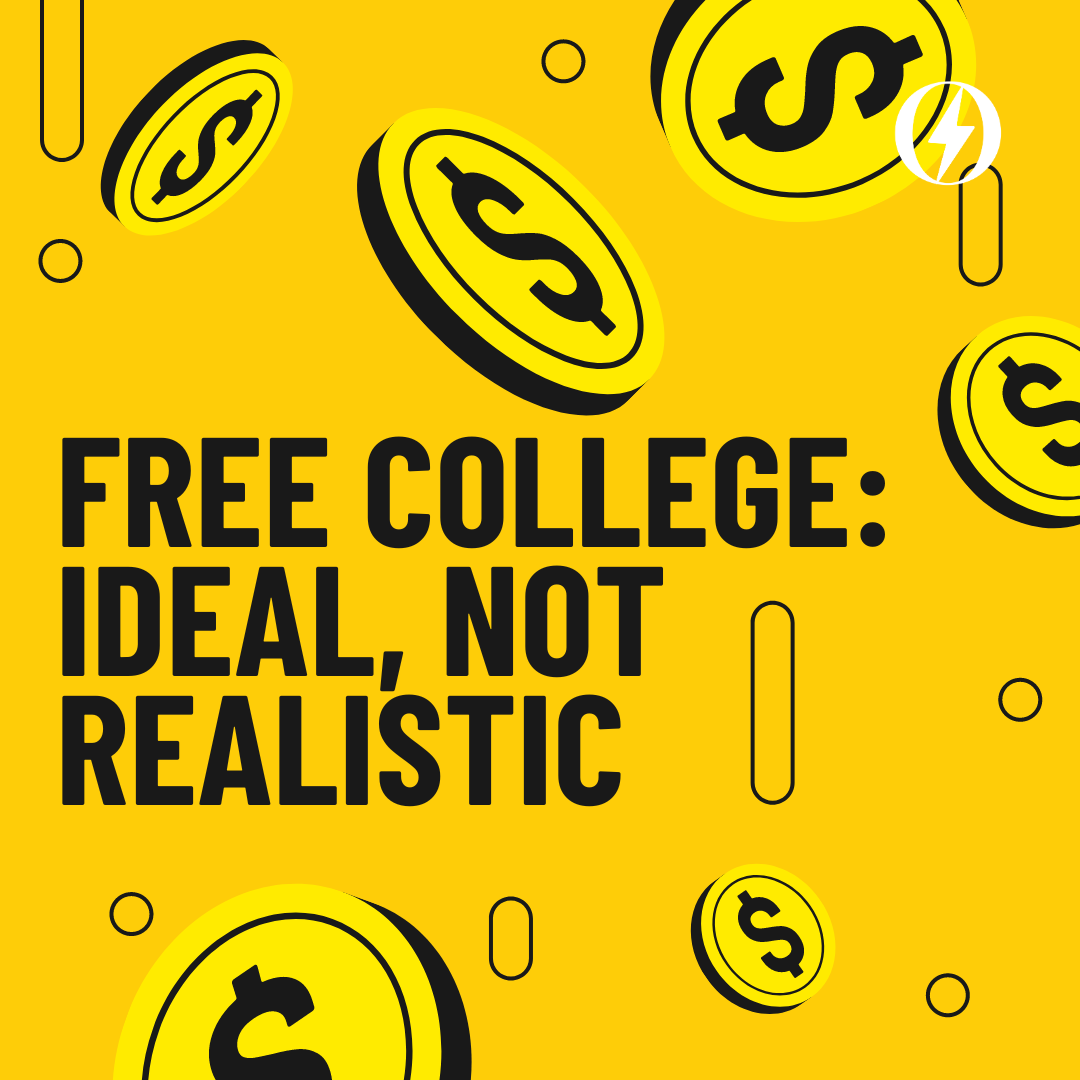We hear the policy in each class at the start of every year, but throughout each semester, some students forget the rules and regulations behind this heavily stressed topic: academic dishonesty.
According to the South student handbook, academic dishonesty includes referencing another student’s answer during an examination, plagiarizing, copying another student’s work, or anything else that represents one’s own work as the product of someone else’s creativity.
Junior Vasil Kuku adheres to the academic dishonesty policy because it allows students to get to know their true academic potential, and as a result, he has never cheated before.
“Not cheating allows me to feel proud of myself,” Kuku said. “Also, it shows me that I am capable of pushing through a difficult situation with hard work.”
Like Kuku, junior Mariya Yoshovska has never cheated, yet she understands why some people at South would need to resort to academic dishonesty.
“I will not say that anyone who cheats should be shunned and completely dismissed as a bad student,” Yoshovska said. “Students’ lives, especially at South, are very involved. It becomes hard to complete all assignments on time or study for that really important test.”
In an Oracle-conducted survey of 185 students, 66 percent admitted to cheating-whether it was writing answers down on one’s hand or looking over someone’s shoulder to copy. Also, 95 percent felt that cheating is either slightly or extremely prevalent at South.
Along the same lines of being against academic dishonesty, senior Brittany Balzano explained that she wouldn’t be able to bring herself to cheat in any situation.
“[Cheating] says something about [a student’s] effort,” Balzano said. “Some kids stay up really late studying for tests and others just show up copying off of yours. [Cheating] humiliates a student’s intelligence.”
On the other hand, according to freshman Ali Campbell, she admitted to cheating on her math test when, for four questions, she used the solve command on her calculator to automatically give her the correct answers. Although at the time she did not realize she was exhibiting academic dishonesty, after she knew what she did was wrong, she felt very guilty about it.
“I cried the entire day,” Campbell said. “On and off I kept thinking about it. I learned that I cannot cheat on tests; I cannot look at people’s papers. I [now] know not to cheat because of how bad I felt [afterwards].
Campbell explained that her teacher handled the situation by not discussing it in private, but, instead, by talking to the class as a whole; however, according to Campbell, she knew the lecture was directed towards her particular situation.
“I went from getting an A to a C on the test,” Campbell said. “I didn’t get into any huge trouble, but I really felt guilty about it.”
Another student who admitted to cheating is sophomore Jon Snider*. According to him, instead of looking over someone’s shoulder during a test or quiz, his academic dishonesty can be seen on his essays.
“I go to Google, type in the topic of my paper, and get [a lot] of results,” Snider* said. “It actually works.”
Snider* noted that cheating makes him feel satisfied because he is able to get his work done, and he gets a good grade.
Freshman Gracie Sands noted some negative consequences for a student who practices academic dishonesty. For example, a student who copies homework misses out on actually learning the material.
“If you miss a lesson and your friend gives you all the answers, you’re not conscious of [academic dishonesty], and the next day you’ll be so lost,” Sands said. “So, if [the information] comes up on a test in the future, you won’t know it. You’re basically setting yourself up for failure.”
Although Campbell regretted performing an act of academic dishonesty, according to her, she now recognizes that it is better to go into an exam unprepared, rather than resorting to cheating.
“It’s a much better feeling to get a true A,” Campbell said.
*name has been changed*















